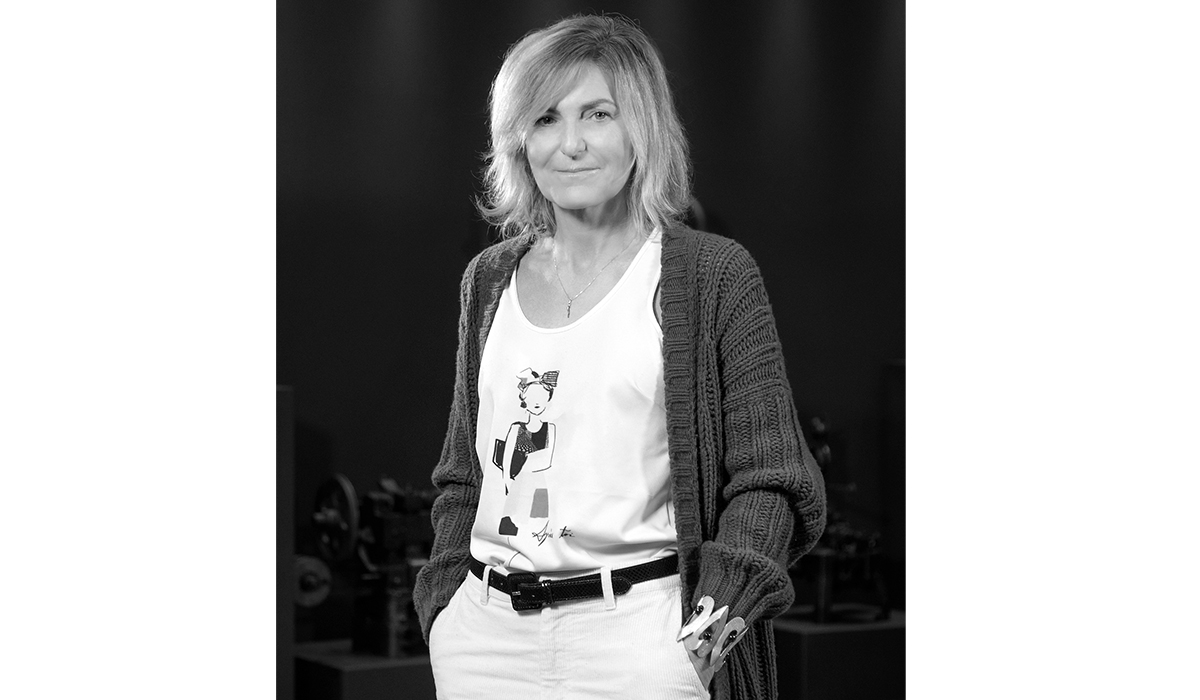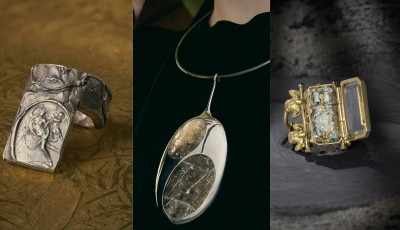Where, How and Why it is a Duty to Aim at an Ethical Product?
Cristina Squarcialupi, President of Unoaerre Industries SpA and Managing Director of Chimet SpA, addresses the mainstream of “green jewelry”
«Circular economy is a familiar topic these days but, in 1974, it was unheard of, even incomprehensible. And yet, some were already putting it into practice. I’m speaking of Chimet, generated from one of Unoaerre’s ribs, initially as a division within the company and then as an entity unto itself, so much so that it has now become a reference point for the recovery and refining of precious metals to their pure state both in Italy and abroad. While, in the beginning, it was an “in-house” necessity, limited to waste recovery from processing gold and silver in jewelry-making, over time, the company realized that recycling raw materials was the future for everybody. And so, we began to take this route in, and on behalf of other industries as well, like, for example, watchmaking, electronics, pharmaceuticals, petrochemicals and catalytic converters for the car industry, and even in the dental sector. Now, every year, Chimet recovers and releases a huge amount of LBMA and RJC certified precious metals onto the market: to be precise, in 2018, the quantities amounted to about 70 tons of gold, 295 of silver, 13.80 of platinum, 17.60 of palladium, 0.90 of rhodium and 0.1 of ruthenium. And that’s not all. Waste management derived from processing, carried out in conformity with the laws in force, also has an ecological aspect since it re-introduces “new” products into other industrial cycles, for example, sodium salts. These are purely the result of using the water twice, firstly in the processing cycle and then to reduce the high-temperature fumes that the equipment emits. Once sold, they are also treated for recycling and the virtuous cycle closes. Unoaerre, Chimet’s parent company, has therefore been nurturing an eco-green spirit for over 40 years, now handling its own balance in terms of sustainability and procuring 100% recovered metals from Chimet. Considering that 5 gr of gold are needed to produce a wedding band – one of the brand’s iconic products since the Arezzo-based company manufactures 70% of all wedding bands sold annually in Italy – and that extracting that gold produces a good 2 tons of waste, it is easy to see why it is so important to aim increasingly at ethical jewelry, at least to avoid using further environmental and energy resources. Statistically, in fact, 5% of the world’s energy consumption is used to grind rock. An impressive figure, to put it mildly, that provides food for thought.»






